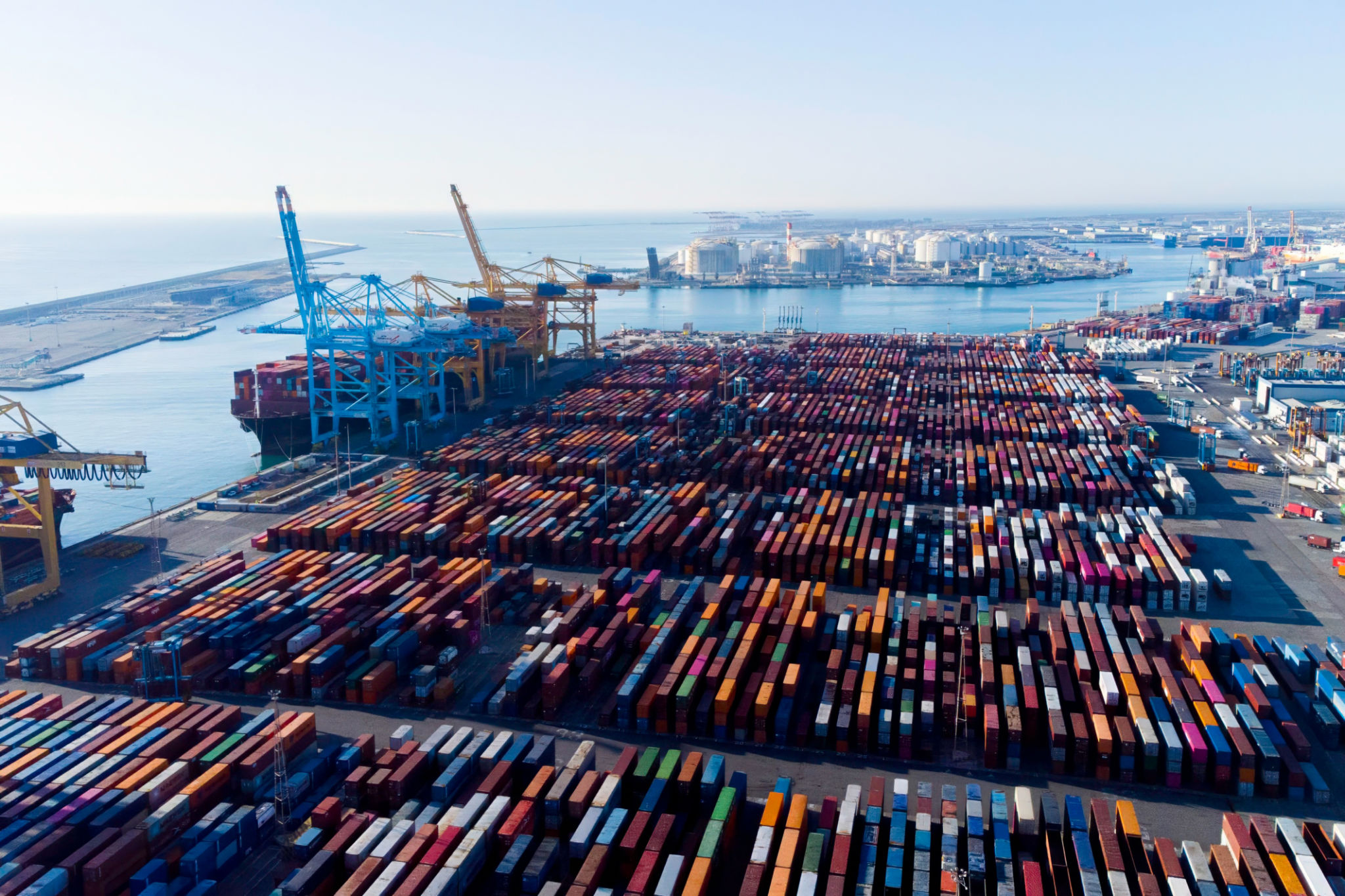A Beginner's Guide to UK Freight Forwarding Services
Understanding Freight Forwarding
Freight forwarding is an essential service for businesses engaged in international trade. It involves the coordination and shipment of goods from one place to another using a single or multiple carriers via air, sea, rail, or road. In the UK, freight forwarding is a crucial component of the supply chain, ensuring that products reach their destinations efficiently and on time.
Freight forwarders act as intermediaries between the shipper and transportation services. They handle various logistics, including customs clearance, documentation, and insurance. By leveraging their expertise, businesses can avoid costly delays and ensure compliance with international regulations.

The Role of a Freight Forwarder
A freight forwarder's primary role is to simplify the shipping process for businesses. They provide a range of services that cover every stage of the transportation journey. Some of the key responsibilities include:
- Negotiating freight rates with carriers
- Arranging cargo insurance
- Coordinating customs documentation and clearance
- Tracking and tracing shipments
By outsourcing these tasks to a freight forwarder, businesses can focus on their core operations while ensuring their goods are handled by experts.
Choosing the Right Freight Forwarder
Selecting a reliable freight forwarder is crucial for smooth logistics operations. When choosing a partner, consider factors such as experience, network reach, and customer service. A reputable freight forwarder should have a strong track record and the ability to handle various types of cargo efficiently.

Benefits of Using Freight Forwarding Services
Using freight forwarding services offers numerous advantages for businesses. Here are some of the key benefits:
- Cost Savings: Freight forwarders negotiate better rates due to their relationships with carriers.
- Time Efficiency: They handle all logistics tasks, allowing businesses to save time on shipping processes.
- Expertise: With knowledge of international shipping regulations, freight forwarders ensure compliance and mitigate risks.
These benefits make freight forwarding an attractive option for companies looking to streamline their supply chain operations.
Challenges in Freight Forwarding
Despite its benefits, freight forwarding comes with its own set of challenges. Global trade fluctuations, customs regulations, and unforeseen disruptions can impact shipping schedules. Additionally, the complexity of coordinating multiple carriers and routes can pose logistical challenges.

To mitigate these challenges, it's essential for businesses to maintain open communication with their freight forwarder and stay informed about potential changes in the industry.
Conclusion
Freight forwarding services play a pivotal role in facilitating international trade for UK businesses. By understanding the various aspects of freight forwarding and selecting the right partner, companies can enhance their logistics capabilities and ensure seamless shipping processes. As global trade continues to evolve, staying informed and adaptable will be key to leveraging the full potential of freight forwarding services.
